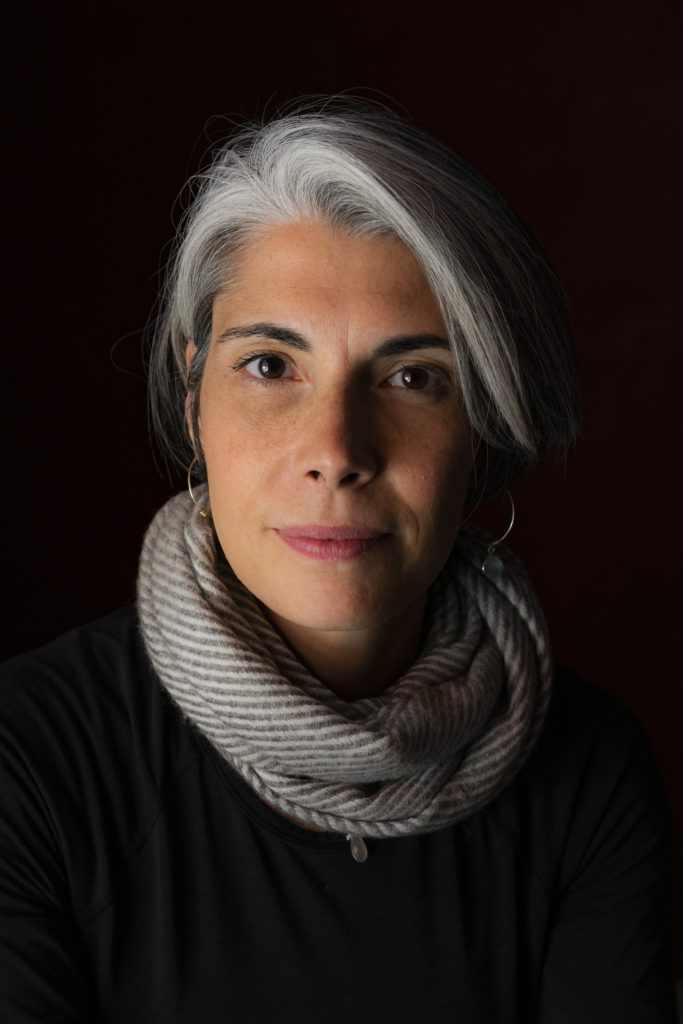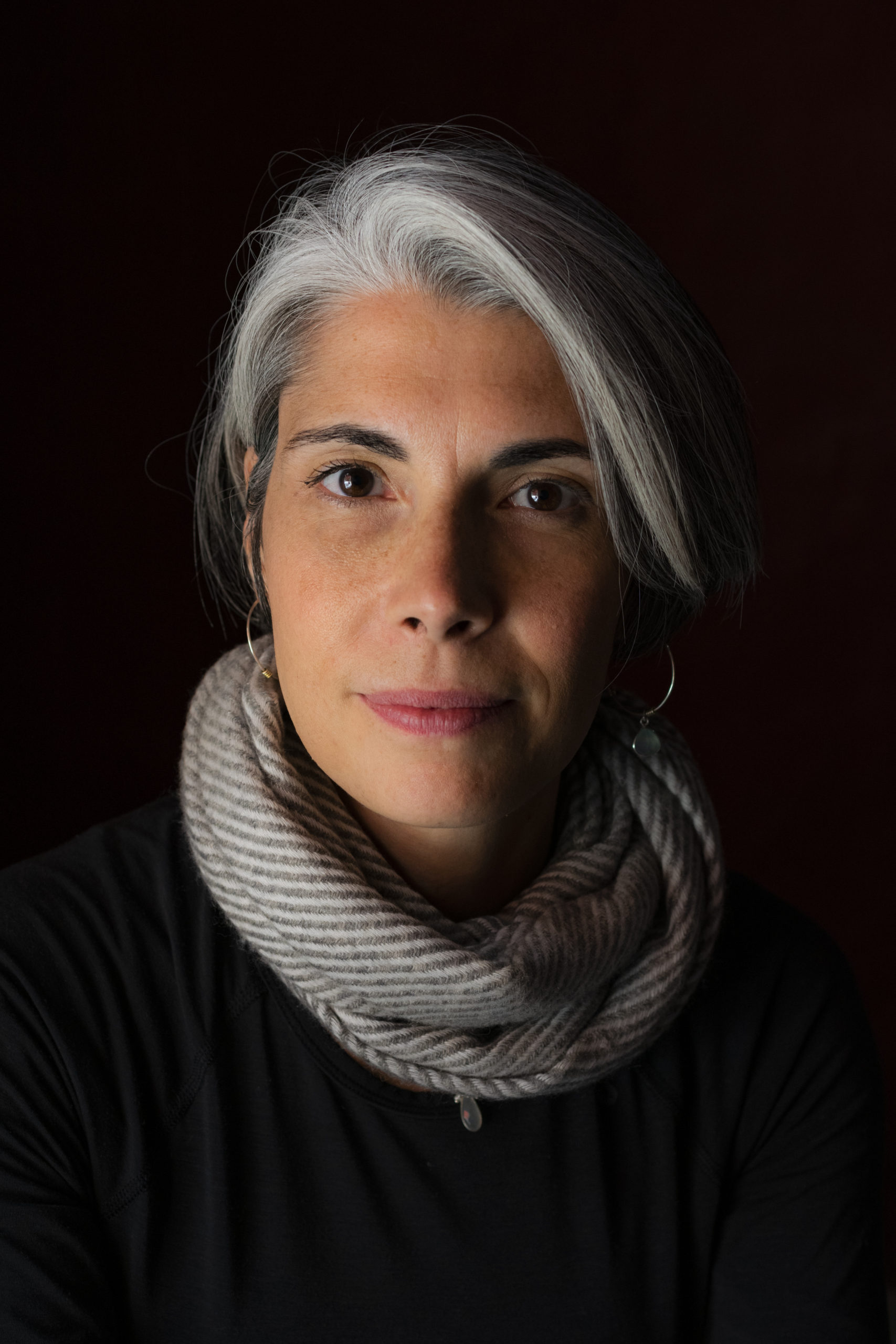Why do you write?
I write to remember, as a matter of record. I write to honor the people, places, and ideas that have given my life unexpected meaning. I write with the hope and intent of sharing some of that meaning with others. There’s enough terror and beauty in the world for us all. I write to mend and solidify those fragmentary and floating thoughts that won’t leave me alone.
Is there an author who has most profoundly influenced your work?
For poets, I have loved and learned most from Adelia Prado, Carolyn Forché, Christian Wyman, Aga Shahid Ali, Martín Espada, Barbara Jane Reyes, and Khazim Ali. They are my permission givers.
For fiction (and some of their nonfiction), I read and reread at the feet of Marilynne Robinson, Samrat Upadhyay, V.S. Naipaul, Jhumpa Lahiri, and Zadie Smith.
A lot of my thinking is grounded in the theoretical work of Pierre Bourdieu, Michel Foucault, Susan Sontag, and the meditations of Joan Didion, Simon Weil, and Verlyn Klinkenborg.
My literary origins belong whole-heartedly to Beverly Cleary and C.S. Lewis.
Why did you choose Stonecoast?
I wanted to study where I am building my literary life. Though its students and faculty come from across the country, Stonecoast also has a meaningful presence in Maine. I wanted to be part of that mutually reinforcing community. I had also been mentored by poet Cate Marvin and knew I could trust any program where she taught.
What is your favorite Stonecoast memory?
During my first residence in June 2021, I had the privilege of workshopping with Martín Espada and learning his ideas for the broken sonnet: “A broken sonnet for a broken—but not hopeless—world.” It provided me an entry way into material that had been difficult to think about let alone write about, yet I knew the only way to the other side was writing through it. I began that work in his workshop. After the residency, I received an affirming letter from Espada, a gesture that will mean a lot to me for a long time.
What do you hope to accomplish in the future?
I hope to accomplish a sense of contentment and only moderate ambition. That I won’t constantly feel like I’m running late on my own life. Meanwhile, let’s get that novel finished and a nice collection of poetry assembled and a few essays in the back pocket. I hope to try that thing called “submission.” I hope to make it back to Nepal to finish the story I started gathering before the pandemic. I hope to see many of those mountain faces alive and well.
If you could have written one book, story, or poem that already exists, which would you choose?
Too many enviable poems to choose just one, but there is only one Gilead, by Marilynne Robinson.
Universalist Bells
by Melissa Alipalo
—May 31, 2020
Sunday woke to sun and smoke. Cities
reclaimed overnight. Burnt offerings made
to the pavement’s cheek that wheezed into
fresh corpse kindling. Uniformed herd
impunity stand by to strike. Flags cry for blood
from stones, fists clinch for more than just the crusts
of our daily white bread, for lives unleavened
by knee-to-the-neck history. Enough news
for one Sunday morning. I take my privilege
for a walk on the beach. On the way,
a Sperry-wearing crowd gives up brunch,
gathers on the lawn of the white church,
placards of New England restraint. Silence,
while the steeple takes toll.

Melissa Alipalo lives in Southern Maine with her resilient émigré family after spending most of her adult life in the Philippines. She has worked in more than 15 countries in Asia as a journalist and social development specialist for international development organizations. While poetry is her daily medium, Alipalo also has a novel in progress and an ongoing documentary project on a remote, climate-threatened Himalayan village in Nepal. She grew up in the pews and Sunday School rooms of the American Midwest, the daughter of an evangelical, Pentecostal minister. For Alipalo, writing feels like a constant and necessary negotiation between the sacred and the profane, duty and love, home and away, being present and absent.

Hi Melissa! I just wanted to say how happy I am for you, your family and career!!
Your friend,
Kevin